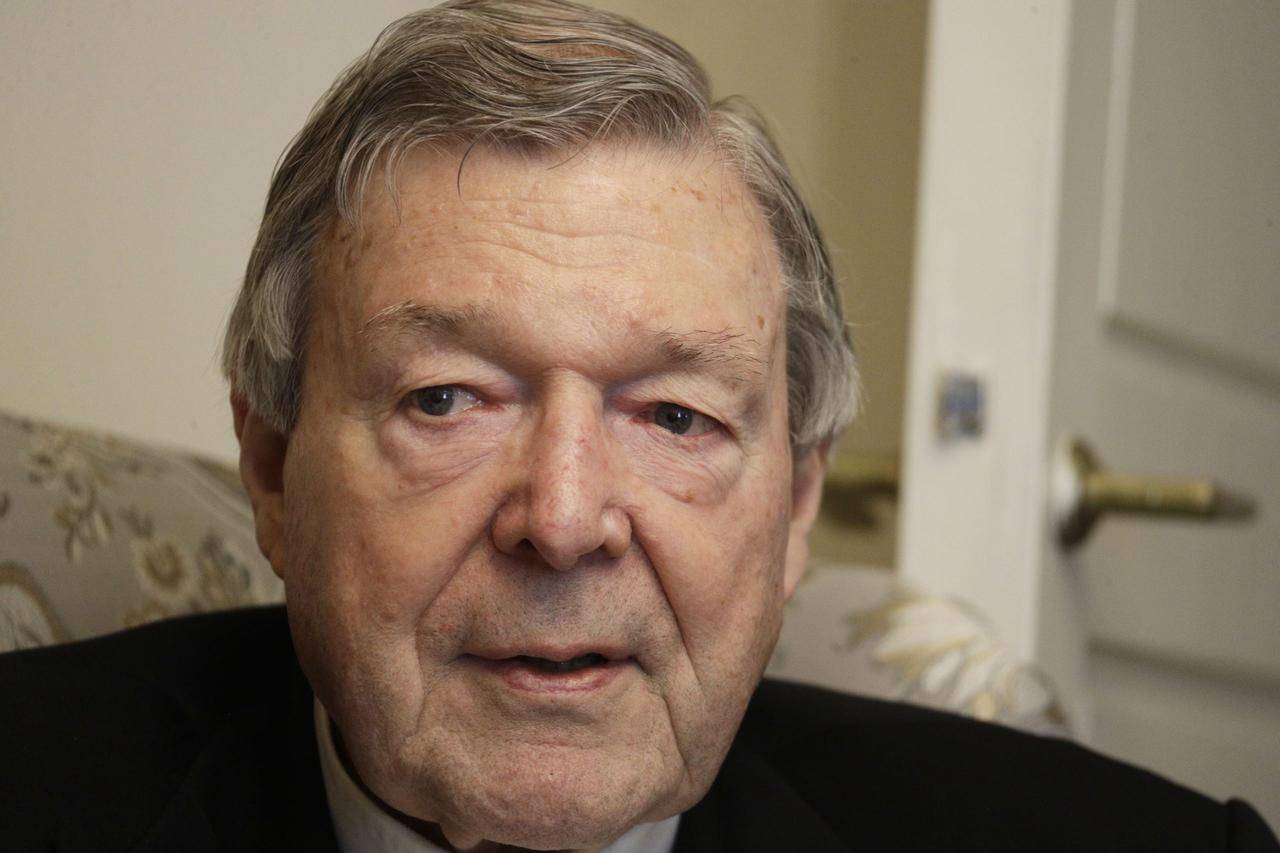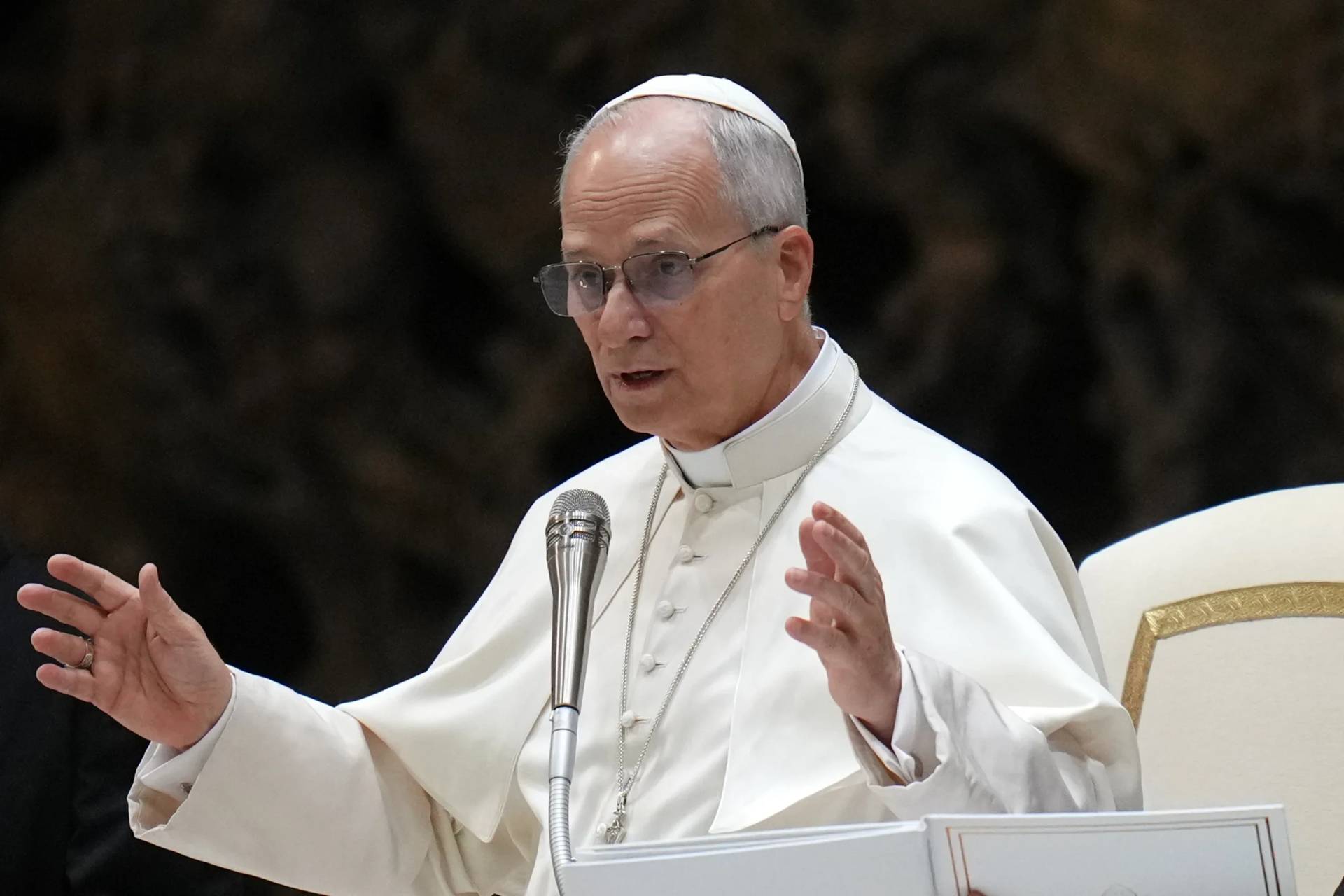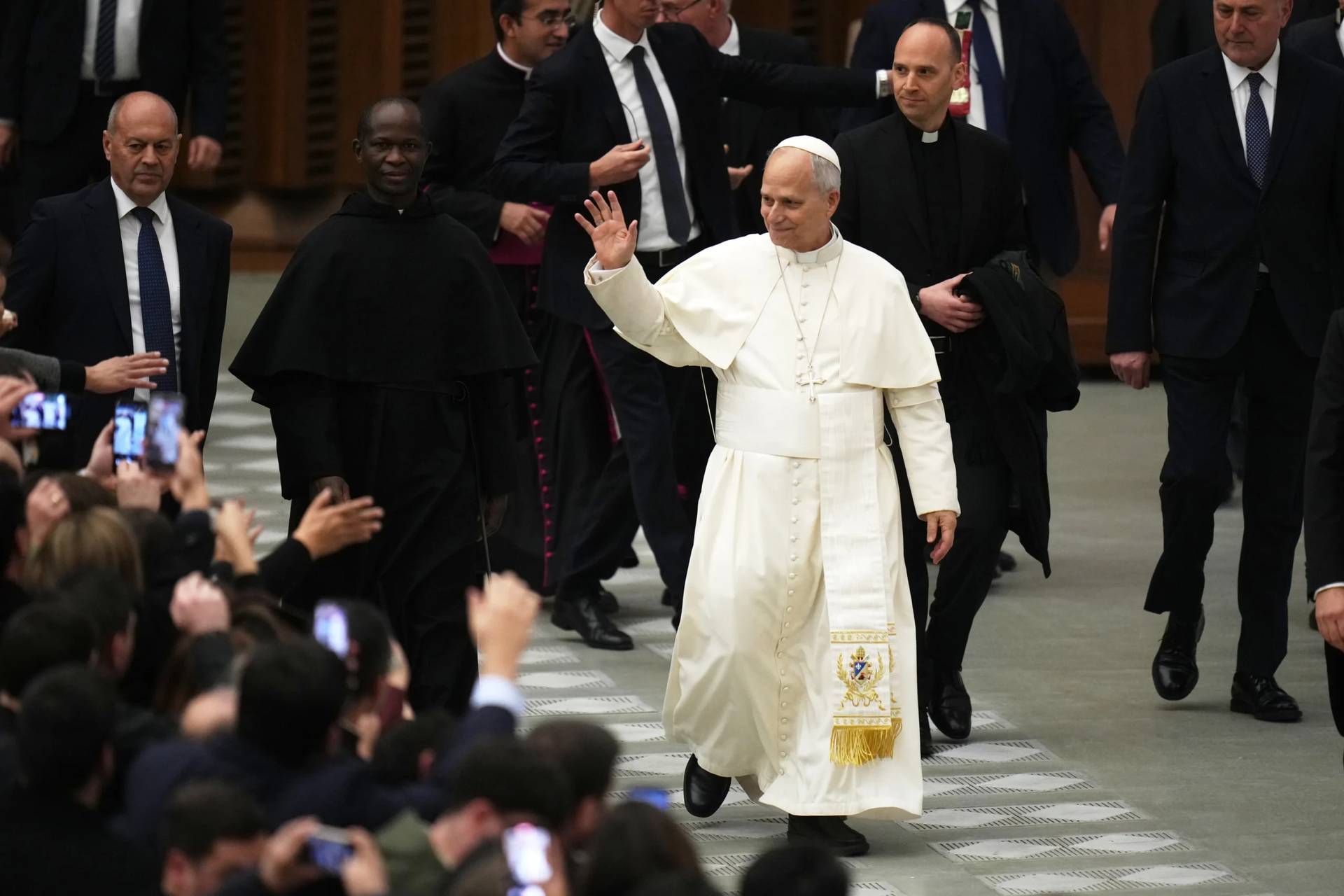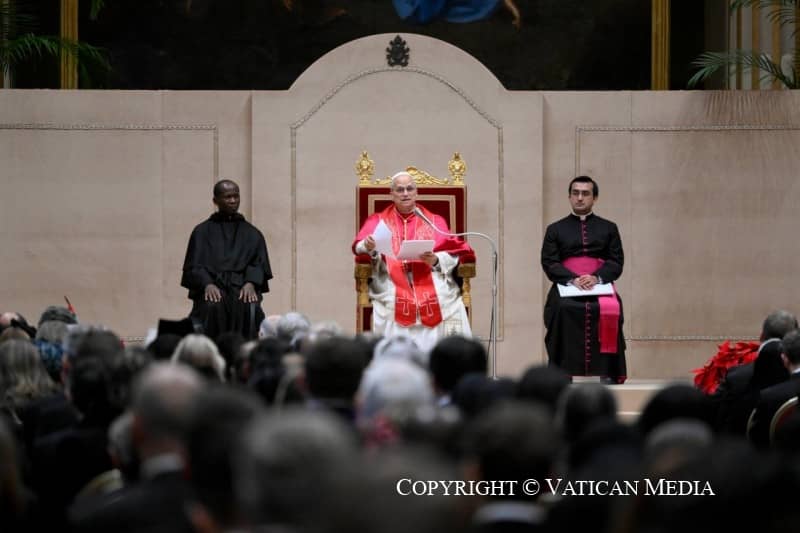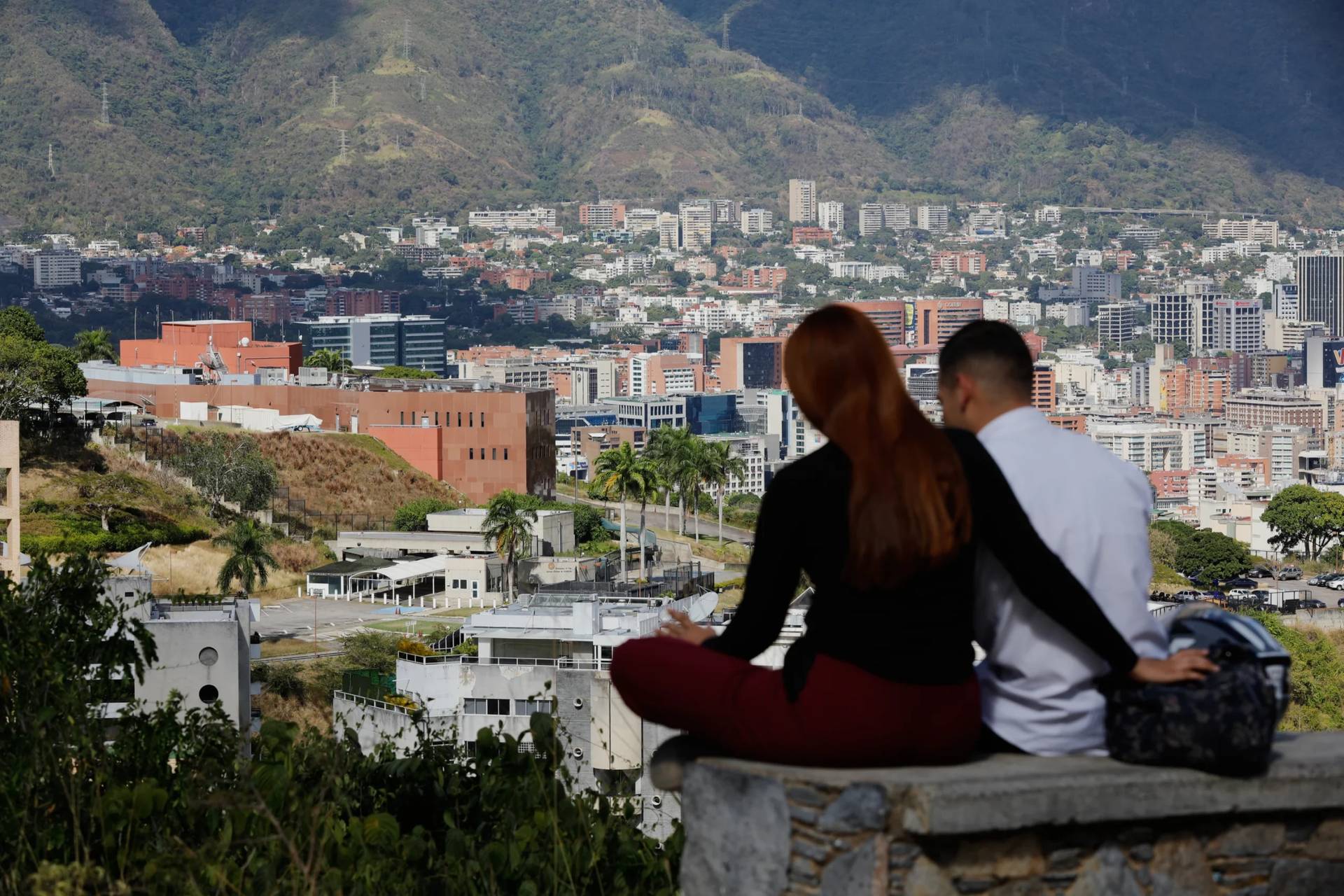YAOUNDÉ, Cameroon – Bishop Christian Carlassare of Bentiu, South Sudan’s newest diocese, has urged good governance and selfless service as the nation celebrated its independence day on July 9.
“We must commit to good governance,” where leaders are honest and prioritize serving fellow citizens for the “common good of the entire nation” rather than the interests of a select few, the bishop said.
He presented these values as crucial for translating independence into tangible progress and stability for every citizen.
“We must embrace peace not as an abstract idea – we so often speak of peace but then make war – we must indeed embrace peace as a daily commitment,” the prelate said in a message to the people of South Sudan.
He explained that embracing peace as a daily commitment means “always speaking with integrity, leading with wisdom, working with hope and trust”, as well as building “bridges instead of walls, coexistence rather than division.”
Bishop Barani Eduardo Hiiboro Kussala of Tombura-Yambio in a separate message urged South Sudanese to always remember that “true freedom is not only the lifting of chains, but the awakening of purpose to build, to reconcile, and to renew.”
“We are not merely survivors of struggle — we are bearers of a sacred mission,” he said.
The bishop urged South Sudanese people to see themselves as called to serve, with divine help.
“Each citizen is empowered by grace, equipped with divine gifts, and called to be a light in our communities,” he wrote.
“You are not alone. The same Spirit that brought us this far still walks with us — guiding, comforting, and calling us forward,” he continued.
There was no official fan fair to mark this year’s celebration, reflecting the mounting social, economic and political problems that have dogged the world’s newest nation since it got its independence from Sudan in 2011.
It’s a reality that wasn’t lost on Kussala. In comments to Crux, the South Sudan bishop said it wasn’t time for fanfare but for faithful action.
“In 2011, our people danced with joy, raised flags high, and spoke of dreams without limits. It was a holy moment in history when we stood up as one people, proud and determined,” he said.
“Fourteen years on, the drums may not be as loud, but the spirit has not died. What we now carry is a deeper, more mature longing not just to celebrate freedom, but to fulfill its promise. Amid hardship and silence, there is still a fire burning in the hearts of our people- a fire of resilience, of unfinished hope,” the bishop said.
“This moment calls not for fanfare, but for faithful action. It is a time to reflect, renew, and recommit,” Kussala said.
He spoke about the “wounds of conflict” still scarring the land, particularly in areas like Tombura-Yambio – where violence, fear, and displacement persist. However, amid this fragility, the bishop highlights the emergence of “quiet heroes” – faith communities, women, youth, and elders – actively building peace and dignity, urging a path forward rooted in personal conversion and collective responsibility.
On July 9, 2011, South Sudan celebrated independence from Sudan following decades of civil war. The event was celebrated with pomp and pageantry, as crowds and dignitaries raised flags, sang and danced in celebration. Barely two years later – in December 2013 – a devastating conflict erupted after President Salva Kiir accused his former deputy, Riek Machar, of orchestrating a coup.
A peace agreement intended to end the conflict was signed in 2018, but it now faces implementation challenges – a situation compounded by economic hardship.
Political tensions are running even higher given that the First Vice President Riek Machar has been under house arrest in Juba since March.
Despite these problems which are worsened by runaway poverty – 92 percent of South Sudanese live below the poverty line – Kussala sees in the people of South Sudan the kind of resilience that offers hope for the future.
“The peace we long for is fragile, often interrupted by localized tensions and political disputes,” the bishop told Crux.
“Yet, in the shadows, brave light shines. Faith communities, women’s groups, youth leaders, traditional elders all are rising up as builders of peace, agents of dialogue, and guardians of dignity,” he said. “They are the quiet heroes of our time.”
Mahmoud Ali Youssouf, the Chairperson of the African Union Commission, agrees. In a message addressed to the people of South Sudan, he commended “the resilience and determination of the South Sudanese people.”
He said the AU Commission “stands in solidarity with their aspirations for peace, stability, and development.”
“The African Union remains firmly committed to working hand in hand with South Sudan to advance regional integration, promote sustainable development, and uphold the shared values of Pan-Africanism and unity,” Youssouf added.
President Salva Kiir had a similar message for his people and pledged to fully implement the 2018 Peace agreement which requires the unification of armed forces and the holding of long-delayed general elections.
The president pledged reforms across agriculture, infrastructure, and education sectors, and insisted that the benefits of economic growth must benefit all citizens. He urged the youth to shun violence and noted that “no gun shall silence the voice of peace.”






